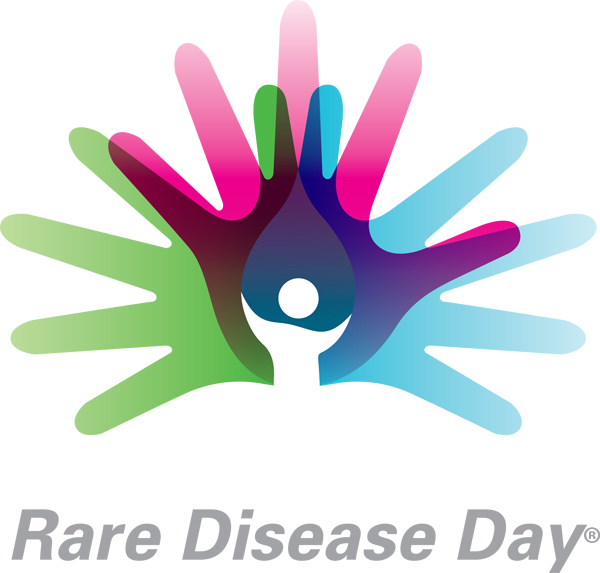For the fourth successive year: Hamdan Medical Award sponsors Rare Disease Day 2014
25 February 2014
Abdullah bin Souqat, the Executive Director of Sheikh Hamdan bin Rashid Al Maktoum Award for Medical Sciences, declared that the Award is going to sponsor the World Rare Disease Day 2014 in the UAE, which aims to shed light on the burden of these diseases on individuals, families and societies.
“The activities that will mark this occasion will be held on Friday, February 28th, at Zayed Bin Mohammed Family Gathering in Al Khawanij, Dubai, starting from 4PM with the participation of a group of doctors, specialists, as well as children with rare diseases and their families”, Abdulla Bin Souqat said.
“For the 4th successive year, the Award organizes the activities of the Rare Disease Day. One of the most important additions to this year’s activities is the launch of the web site of the Rare Disease Day-UAE, which will be linked to the website of the World Rare Disease Day”, he added.
“The website is the first of its kind in the UAE. It highlights Emirati efforts in this regard as UAE is performing pioneering work in the field of rare diseases. Also, the website will be an essential reference point for rare diseases in the UAE for individuals and institutions who are interested in this subject”, he said.
“The website is the fruit of collaboration between Sheikh Hamdan Award for Medical Sciences and a constellation of volunteers, who are members of the organizing committees of this event over the last years and workers in UAE medical institutions”, he added.
He pointed out to the participation of the Award’s Centre for Arab Genomic Studies (CAGS) as a co-founder of the web site. Rather uniquely, CAGS gives a great deal of attention to the subject rare genetic diseases. CAGS conducts studies and issues reports about rare diseases in the Arab world. The majority of CAGS’ work is based on its database; CTGA (short for The Catalogue of Transmission Genetics in Arabs).
“Despite of the apparent “rarity” of these diseases, people with rare conditions have the right to receive a proper diagnosis and have sufficient help to cope with their diseases, as the case with patients who have more common conditions”, Abdulla Bin Souqat said.
On the other hand, the President of the organizing committee for the Rare Diseases Day 2014 in UAE, Dr. Fatma Bastaki, who is a consultant paediatrician and clinical geneticist at Latifa Hospital of the Dubai Health Authority, pointed out that a wide variety of disorders come under the category of Rare Diseases. The latter makes a highly heterogamous group of conditions that differ from each other in terms of causality, symptoms, natural history and prevalence rates.
The definition of Rare Disorders is somehow controversial; however it is not uncommon in scientific parlor to consider diseases with prevalence rates of 50 per 100,000 to be Rare, even though this threshold differs from country to another. Accordingly, there exists between 7,000 – 8,000 rare diseases worldwide. And if we consider this group of disorders as one entity; it transpires that hundreds of millions of people are suffering from these diseases globally.
Prevalence rates of rare disorders differ significantly among countries around the world. This is not surprising because the majority of these diseases are caused totally or partially by genetic factors. These factors can be transmitted from one generation to another in a recessive or dominant fashion. Some of these disorders can result from aberrant immune responses or due to catching certain infectious agents.
Finally, Dr Bastaki highlighted the admirable role played by Sheikh Hamdan Award for Medical Sciences along the way of providing comprehensive support for the Rare Disease Day in UAE. Dr Bastaki hoped for these collective efforts to be rewarded through instigating the enactment of certain laws and formulating helpful policies in this regard. Such laws would help to guarantee equal rights for patients of rare diseases and people affected by more common disorders.
Importantly, there are still a considerable number of rare disorders that need to be tackled in terms of scientific research in order to provide practitioners with the right molecular and clinical information about these diseases.

